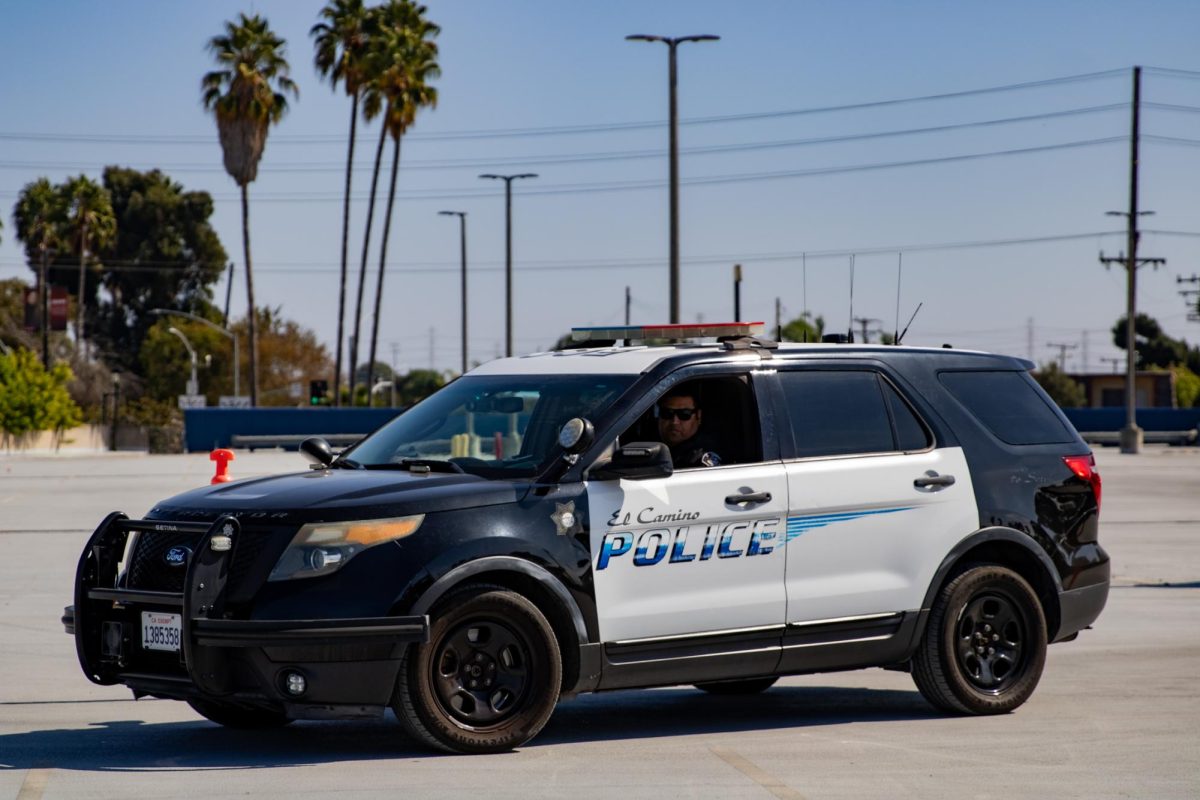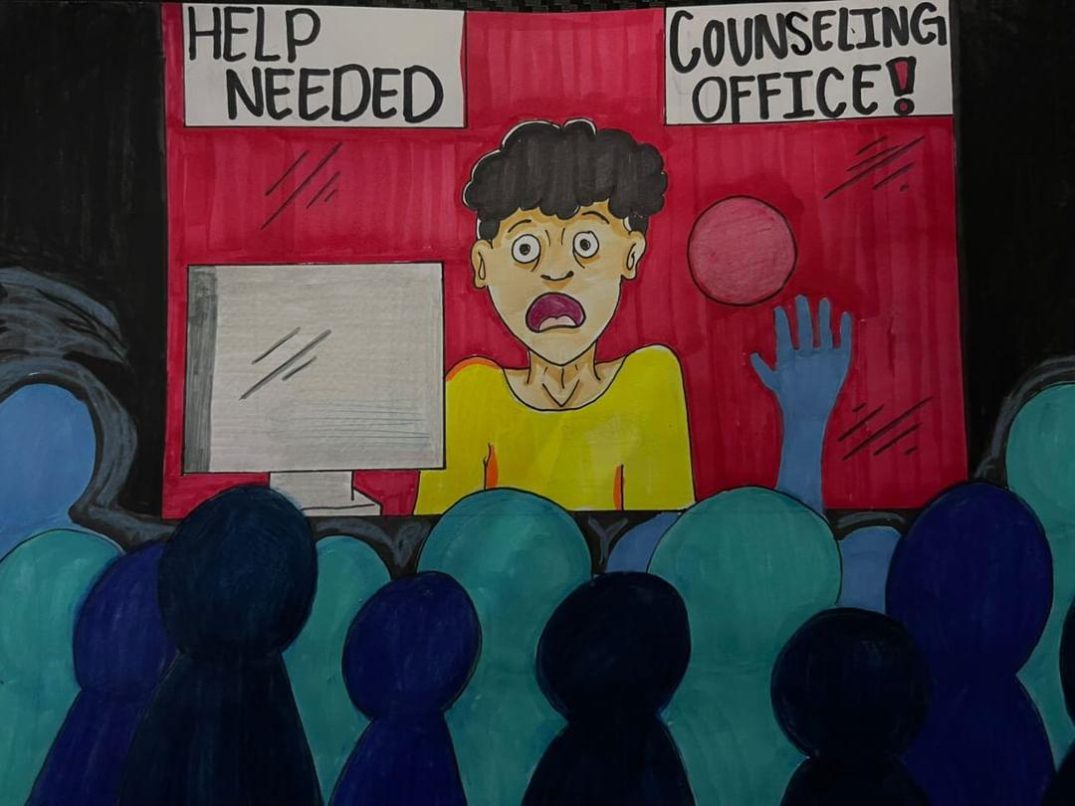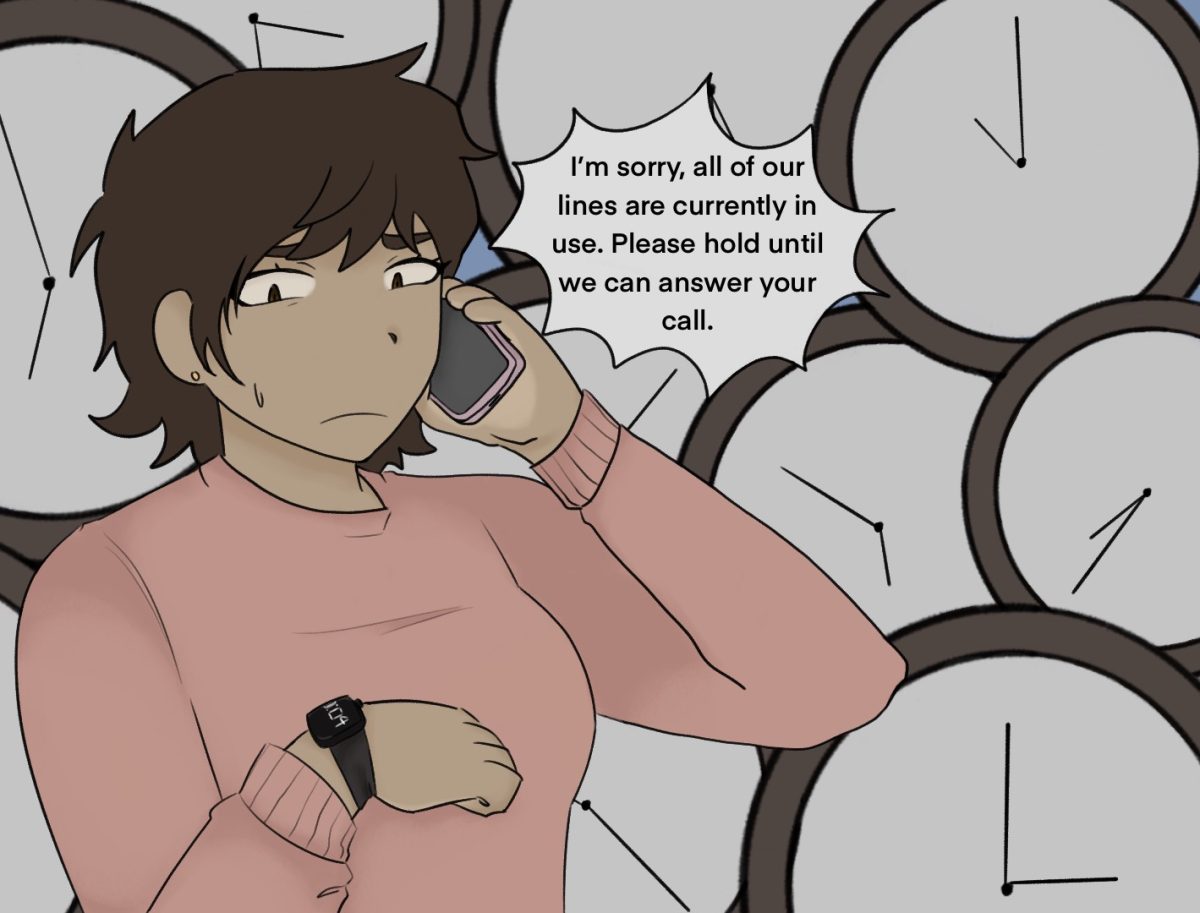I was 6 years old when I first heard the word cancer. I was devastated when I learned it had taken the life of my grandmother. The grandmother I never got the chance to meet. 14 years later and people are still dying all around me by cancer.
I believe students at our age think because we are young and somewhat fit that we aren’t capable of having cancer.
I am sure most of us may have realized from the overabundance of pink products lining store shelves recently that October is National Breast Cancer Awareness Month. The goal of all of those pink products is for three reasons: to raise awareness about breast cancer, to encourage women to get tested for it, and to raise much needed funds for breast cancer research.
So is it working? Fortunately, the answer is yes. Studies show that more women get screened for breast cancer in October and November than at any other time of the year.
Maybe it’s just the first opportunity that women have to make a doctor’s appointment once their children go back to school. Maybe it’s due to a desire to get health issues taken care of before the start of the New Year. Or maybe it’s all of those pink ribbons staring back at them from their cans of soup and boxes of pasta. Whether it is National Breast Cancer Awareness Month or not, young female students should constantly be aware and realize it is a common and serious disease to have.
Yes, according to the American Cancer Society (ACS) 77 percent of breast cancer patients 65 years and older. However, did you know the disease often strikes children and younger adults as well? Imagine how isolating the experience would be for a young woman, since it is not common.
A friend of my family was diagnosed with breast cancer at the age of 21, she said none of her friends had gone through what she had and how recurrence is a real concern.
A recent study showed that young breast cancer patients are likely to experience post cancer worry, in part because they are likely to have fewer peers with serious illness and find cancer more stressful.
Did you know that breast cancer is the most common cancer in women? I would encourage women to start getting regular examinations starting at a young age. According to the lifescript website an early detection through regular examinations is crucial.
It also mentions that women should begin doing monthly self-exams at age 20 and ask their doctors to do clinical exams at least every three years. By age 40, women should have annual mammograms and breast exams by a physician, in addition to monthly self-exams.
Although breast cancer might not be prevented, early detection and prompt treatment can significantly increase a woman’s chances of surviving breast cancer. According to the ACS, more than 90 percent of women whose breast cancer is found at an early stage will survive.
When women learn at a young age about the risks and benefits of detecting breast cancer early, they are more likely to follow the recommendations regarding clinical exams and mammograms. Young women also need to understand their risk factors and be able to discuss breast health with their health care providers.
We should remember how lucky we are to be part of a generation where there is support all around us whether it is emotionally, medically, or financially.
Hopefully, one day all those pink ribbon labels and pink coffee cups become something of the past. But in the meantime, don’t forget to get yourself in to the doctor for a screening.






